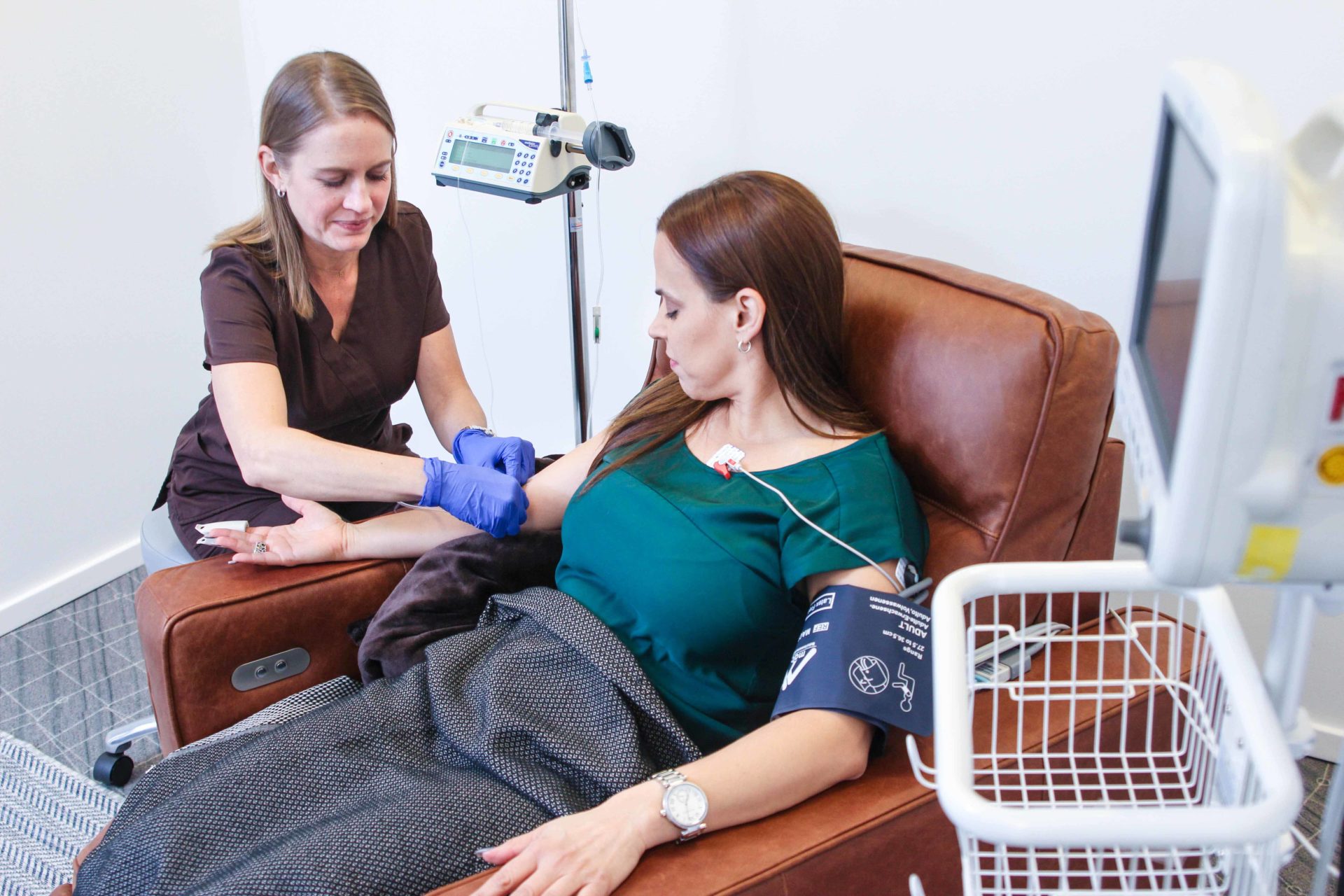
The conversation around mental health treatment is evolving rapidly, with new options challenging traditional methods. Ketamine therapy has emerged as a promising alternative for individuals struggling with depression, especially those who have not found relief with conventional antidepressants. While both treatments aim to address mental health challenges, they differ in how they work, how quickly they act, and their effectiveness for specific conditions.
So, which option is better? Let’s break it down.
How Traditional Antidepressants Work
Traditional antidepressants, like selective serotonin reuptake inhibitors (SSRIs) and serotonin-norepinephrine reuptake inhibitors (SNRIs), are the go-to treatments for depression. These medications work by altering the levels of neurotransmitters—such as serotonin, norepinephrine, and dopamine—in the brain. This adjustment aims to improve mood and reduce symptoms of depression over time.
Common examples include:
- SSRIs: Fluoxetine (Prozac), Sertraline (Zoloft), Escitalopram (Lexapro)
- SNRIs: Venlafaxine (Effexor), Duloxetine (Cymbalta)
While effective for many, traditional antidepressants often take weeks or even months to produce noticeable improvements. They also carry the risk of side effects, such as weight gain, insomnia, and reduced libido.
How Ketamine Therapy Works
Ketamine, originally developed as an anesthetic, is now being used off-label to treat depression, anxiety, PTSD, and other mental health conditions. Unlike traditional antidepressants, ketamine works on the glutamate system in the brain. Glutamate is a neurotransmitter involved in synaptic growth and neuroplasticity, which are critical for adapting to stress and trauma.
Ketamine therapy is typically administered through intravenous (IV) infusions or as a nasal spray (esketamine, FDA-approved for treatment-resistant depression). By promoting neural repair and improving brain connectivity, ketamine often provides rapid relief from depressive symptoms.
Comparing Ketamine Therapy and Traditional Antidepressants
1. Speed of Action
- Traditional Antidepressants: Take several weeks or months to show noticeable effects. Patients often experience a trial-and-error process to find the right medication and dosage.
- Ketamine Therapy: Provides relief within hours or days for many patients. This makes it a powerful option for those experiencing severe symptoms or suicidal thoughts.
2. Mechanism of Action
- Traditional Antidepressants: Target serotonin, norepinephrine, or dopamine to regulate mood over time. This approach works for some but may not address underlying neural issues in treatment-resistant cases.
- Ketamine Therapy: Targets the glutamate system, promoting neuroplasticity and helping the brain repair itself. This novel mechanism is particularly effective for individuals whose symptoms persist despite trying multiple medications.
3. Efficacy
- Traditional Antidepressants: Effective for many individuals, but up to 30% of patients do not respond to these medications. These cases are referred to as treatment-resistant depression.
- Ketamine Therapy: Research suggests that ketamine is highly effective for treatment-resistant depression, with significant symptom reduction after just a few sessions for many patients.
4. Side Effects
- Traditional Antidepressants: Side effects may include nausea, weight changes, insomnia, reduced libido, and emotional numbing. Withdrawal symptoms are also a concern for some medications.
- Ketamine Therapy: Common side effects include mild dissociation, dizziness, or nausea during the infusion, but these effects are short-lived. Unlike antidepressants, ketamine does not need to be taken daily, reducing the risk of long-term side effects.
5. Duration of Treatment
- Traditional Antidepressants: Must be taken daily, often for months or years. Discontinuation should be done gradually and under medical supervision to avoid withdrawal effects.
- Ketamine Therapy: Involves a series of initial infusions (typically 6–8 over a few weeks) followed by occasional maintenance sessions as needed. This schedule makes ketamine therapy less of a daily commitment.
Who Benefits Most from Each Treatment?
Traditional Antidepressants:
- Individuals with mild to moderate depression
- Patients who respond well to serotonin-based treatments
- Those who prefer a daily oral medication routine
Ketamine Therapy:
- Individuals with treatment-resistant depression or PTSD
- Patients who need rapid relief from severe symptoms, including suicidal ideation
- Those seeking a novel approach that promotes long-term brain health and neuroplasticity
Considerations Before Starting Treatment
Both ketamine therapy and traditional antidepressants come with risks and benefits. Consulting a healthcare provider is crucial to determine the most appropriate treatment based on individual needs and medical history. Factors like current medications, overall health, and treatment goals will influence the decision.
Ketamine Therapy at Revived IV Therapy in Houston
At Revived IV Therapy, we specialize in ketamine therapy for individuals seeking relief from depression, PTSD, and other mental health conditions. Our team of professionals works with you to develop a personalized treatment plan tailored to your unique needs. Located in Houston, our clinic offers a safe and supportive environment for your mental health journey. Always consult with a healthcare provider before starting new treatments to ensure they align with your health goals.
Both ketamine therapy and traditional antidepressants have their place in mental health treatment. At Revived IV Therapy in Houston, we provide expert guidance to help you explore innovative options like ketamine therapy. Always consult a healthcare provider to determine the best approach for your mental health needs.


